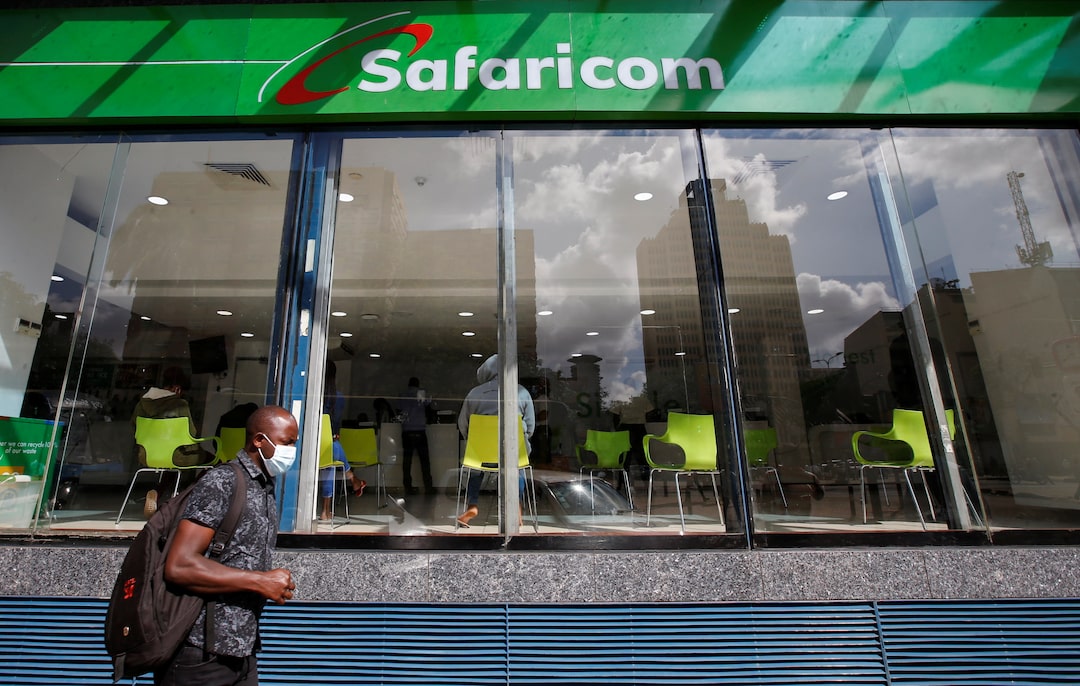Safaricom has built its image as a trusted giant in Kenya’s telecommunications sector, yet more and more stories from its customers are pointing to a different reality.
A recent post widely shared on Facebook shows a frustrated user asking tough questions about M-Pesa transactions and customer service. The individual explained that after sending Ksh 1,800 to a recipient, they later saw Ksh 18,000 wired to the same person at 6:14pm.
When the sender called to confirm, the recipient initially denied receiving the money, only for Safaricom to release the funds much later.
Such delays cast doubt on the transparency and reliability of M-Pesa, which millions of Kenyans rely on daily for their financial transactions.
The same user further questioned why they received an M-Pesa notification from a service provider they had already paid hours earlier.
This raises serious concerns about Safaricom’s system integrity, especially given that mobile money should guarantee instant, accurate confirmations. Errors like these are not just inconveniences but also risks that can cause confusion, mistrust, and potential losses.
Adding to the frustration is Safaricom’s declining customer support.
The user noted that calling 100, once the lifeline for customer service, is no longer straightforward. Instead of being able to speak directly to an agent, customers are pushed through endless menus or automated responses that rarely solve urgent issues.
For a company of Safaricom’s size, shutting out direct access to human support shows disregard for the very customers whose loyalty built the brand.
The same post highlighted another issue that reflects poorly on Safaricom’s lending services.
Despite handling over Ksh 8.3 million in transactions, the customer still had a zero M-Shwari loan limit.
This points to a bigger complaint many Kenyans share, where Safaricom benefits from millions in transaction fees yet gives back very little in terms of credit access.
If a customer with such a high transaction record cannot qualify for even the smallest loan, then the criteria behind M-Shwari remain questionable and unfair.
This case is not isolated. Social media discussions across Facebook groups and timelines show similar frustrations.
Customers talk of delayed fund releases, double notifications, poor customer care, and restrictive loan policies.
These patterns reveal systemic issues rather than random errors. For a company that presents itself as a leader in innovation, such failures expose cracks in its foundation.
Safaricom’s dominance in Kenya’s telecom and mobile money sector leaves customers with very few alternatives, which makes these complaints even more serious. When people cannot trust the speed and safety of their money transfers, and when their concerns go unanswered, it erodes public confidence.
The repeated failures point to a company that is prioritizing profit and control over genuine service delivery.
Unless Safaricom addresses these issues with transparency and urgency, the loyalty of its customers will continue to fade, leaving its reputation at risk in a market it once completely owned.



